Money in ulysses
Joyce felt that a writer worth his salt knows how much money is in the pocket of each character. While it's all well and good to know a character has four shillings ninepence (that's how much Mr. Bloom has in his pocket when he leaves his home on the morning of June 16, 1904), but what does that mean in today's currency?
I assume most contemporary readers of Joyce's work (especially those in the U.S.) are not familiar with the old British currency, its terminology, or its relative value.
The currency was noted in ascending values from pennies/pence (d.), to shillings (s.), to pounds (l. or £), as follows:
12 pennies = 1 shilling
20 shillings = 1 pound
So, there were 240 pence in a pound (because a pound of sterling silver measured 240 pennyweights).
Further complicating things for today's reader, there were other names for specific coins and slang terms for amounts of money, as follows:
Guinea = £1, 1 s. (considered a more gentlemanly sum than a pound)
Bob = 1 shilling
Florin = 2 shillings
Tanner = 6 pence
Crown = 5 shillings
Sovereign = £1 coin
Quid = £1 note
Now, there are a few ways to go about assigning modern monetary values to 1904 British currency. I personally find it fun to use the cost of a pint of Guinness to establish the rate of exchange, as follows:
In Ulysses, a pint of Guinness costs 2 d. (twopence) (U 1.724, 5.308)
At O'Neill's in Dublin in 2006, a pint cost €4. Today (2019), a Guinness in Dublin can cost as much as €6.50.
In Deep Hall at Lincoln College, Oxford, Simon charged £2.60 for a pint of Guinness in 2011; elsewhere, it was £3+. I understand a pint is now typically above £3.50.
At Mick O'Shea's in Baltimore, a pint costs $6.50 (it was $4 when I moved here in 2007).
If 2 pence in Ulysses is today roughly $6.50, €6, or £3.50, it would then follow that a shilling in the novel is worth roughly $40, €35 or, say, £25. Then, a pound in Ulysses is $480, €420, or £380.
But, let's see if the Guinness rate for valuing money in Ulysses, when applied to other purchases made by Bloom, holds to today's buying power. Mr. Bloom pays 3s, 1d for a bar of lemon soap and Molly's custom-made lotion. That would be more than $120, which seems about twice the right cost. He pays 7 d. for a light lunch (gorgonzola cheese sandwich and glass of burgundy), which would be nearly $25, which also seems nearly double what one might expect to pay. A coffee and bun at the cabman's shelter costs Bloom 4 d, or $13 in the rate - again, too high by half. A copy of The Freeman's Journal costs Bloom 1 d, which would now be $3, at least two times as expensive as we would expect for a copy of a local paper.
Perhaps Guinness is simply half the relative cost of other goods and services in 1904 Dublin…that's a revealing and useful discovery in and of itself.
Frank Delaney suggests in one installment of his remarkable podcast Re:Joyce that 4 pence is actually closer to £3 or $5 today, makes more sense to me: lotion and soap = $45, sandwich and wine = $9, coffee and bun = $5, newspaper = $1.25. That seems about right.
So, discarding the Guinness exchange and adopting the Delaney rate:
A penny in Ulysses is worth approximately $1.25 USD (or £.75) today;
A shilling in Ulysses is worth approximately $15 (or £9) today;
A pound in Ulysses would be $300 (or £180) today.
Gifford uses the cost of food staples listed in Thom’s to equate a 1904 penny to the buying power of 45¢ in 1985, meaning a pound would be worth $108 in 1985, or roughly $256 today (according to usinflationcalculator.com). This feels close enough to the Delaney rate to serve as corroboration.
So, Stephen’s monthly salary of £3, 12s equates to roughly $1,000. Bloom’s expected commission on securing a two month run of the Keyes ad is £2, 8s (8.1058), roughly $750 today, and he seems also close to placing an ad for Billy Prescott, raising his total expected income in the near future to £5, 3s (“five guineas about” (8.1059-60)) or $1,500 in today’s currency.
In Hugh Kenner’s Ulysses, we learn that “a Cork policeman maintained a family on a pound a week” (Kenner 44), which puts both Bloom and Stephen’s economic status in some context.
However, Stephen has debts totaling over £25 (2.255-58) - roughly $7,500 today - whereas Bloom has a bank account balance of £18, 14 s, 6 d (17.1862-63) - equivalent to around $5,500 today. Bloom has also invested in Canadian bonds (17.1864), generating annual income of £36 (Gifford 597) - roughly $10,800 today, more than enough to cover the annual rent on 7 Eccles Street (£28 per Gifford 597). In short, Bloom is in pretty good shape financially.
But, to answer the question posed at the top of this page, Bloom leaves his home on June 16, 1904 with roughly $70 cash in his pocket.

